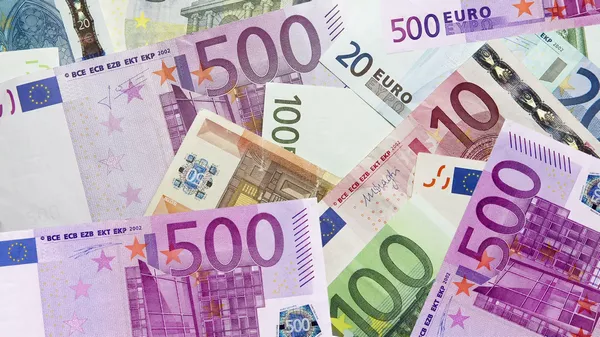The EU Central Bank, often referred to as the European Central Bank (ECB), stands as a pivotal institution in the economic landscape of the European Union. Established to ensure monetary stability and safeguard the Eurozone, the EU Central Bank plays a crucial role in shaping financial policies and influencing economic outcomes across the member states.
Is there a Central Bank for the EU?
Yes, indeed. The EU Central Bank, headquartered in Frankfurt, Germany, serves as the central bank for the Eurozone countries. Its primary objective is to formulate and implement monetary policy, aiming at maintaining price stability and supporting the general economic goals of the European Union.
Ownership of the European Central Bank
The ownership structure of the EU Central Bank is unique among central banks globally. The ECB is owned by the national central banks of the Eurozone member states. Each member state contributes a portion of the capital to the ECB based on their economic size and population. This collective ownership ensures a balanced representation of the diverse economies within the Eurozone, reinforcing the collaborative nature of the European Union.
Currency Utilized by the EU Central Bank
The EU Central Bank, as the guardian of the Eurozone, employs the euro (€) as its official currency. This shared currency fosters economic integration among member states, streamlining cross-border transactions and promoting a unified economic identity. The Euro, managed by the EU Central Bank, has become a symbol of European economic cooperation and integration.
Monetary Policy Mandate
One of the primary functions of the EU Central Bank is the formulation and execution of monetary policy. Through a framework guided by the pursuit of price stability, the ECB aims to keep inflation rates in check. This commitment to price stability is essential for fostering economic growth, ensuring the purchasing power of the euro remains robust, and maintaining overall financial stability within the Eurozone.
Role in Economic Stability
The EU Central Bank plays a pivotal role in maintaining economic stability across the Eurozone. By wielding its monetary policy tools, such as interest rates and open market operations, the ECB strives to mitigate economic fluctuations, promote employment, and contribute to the sustainable development of the Eurozone economies. This role is particularly crucial during times of economic crises, where the EU Central Bank can act as a stabilizing force.
Supervisory Responsibilities
Beyond its monetary policy mandate, the EU Central Bank also holds supervisory responsibilities. The ECB, in collaboration with national supervisory authorities, oversees the banking system within the Eurozone. This supervisory role is crucial in ensuring the soundness of the financial institutions under its purview, contributing to the overall stability of the European financial system.
European Central Bank and Frankfurt: A Strategic Choice
The decision to establish the headquarters of the EU Central Bank in Frankfurt was not arbitrary. Frankfurt’s selection as the financial hub of the Eurozone reflects its central location within Europe and its historical significance as a financial center. This strategic placement in Frankfurt enhances the ECB’s accessibility and fosters efficient communication with key financial institutions and policymakers across the European Union.
The Eurozone and Economic Convergence
The EU Central Bank’s policies are instrumental in promoting economic convergence among Eurozone member states. By ensuring price stability and a common monetary policy framework, the ECB facilitates an environment where diverse economies can align their economic trajectories. This convergence is vital for fostering a more integrated and resilient Eurozone.
Challenges and Criticisms
Despite its pivotal role, the EU Central Bank has faced criticism and challenges. Some argue that its strict focus on price stability may neglect other important economic goals, such as employment. Additionally, questions have been raised about the democratic accountability of the institution, as it operates somewhat independently from direct political oversight.
Conclusion
In conclusion, the EU Central Bank stands as a cornerstone of the European Union’s economic architecture. From its unique ownership structure to its strategic headquarters in Frankfurt, the ECB plays a multifaceted role in shaping the economic destiny of the Eurozone. As the European Union navigates through economic challenges and opportunities, the EU Central Bank remains a stabilizing force, working towards a prosperous and integrated future for the Eurozone.
Related Topics:
How Does the ECB Work: A Comprehensive Overview
Everything You Need to Know About ECB Mortgage Rate
All You Need to Know About ECB Rate for Tracker Mortgages




























